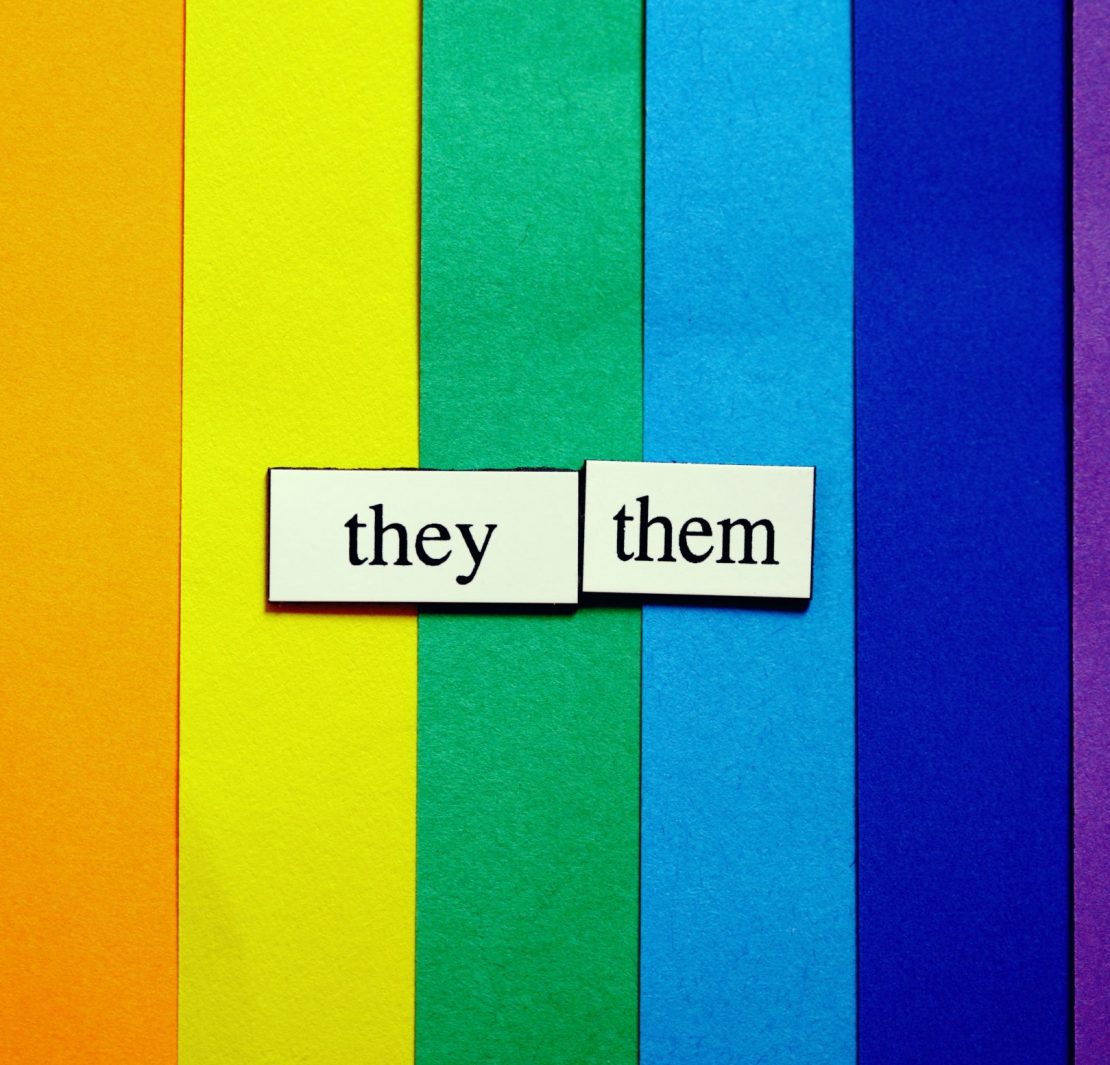Notice: Undefined property: stdClass::$error in /var/www/html/wp-content/themes/theissue/inc/misc.php on line 71
The Louisville police department has identified 23-year-old Connor Sturgeon as the gunman who opened fire on the Old National Bank. Sturgeon was a former employee at the bank and is responsible for the deaths of five people and for causing injuries to nine others. But people online noticed something else about him that they deemed suspicious – he had his pronouns listed on LinkedIn.
Right-wingers are using this detail, and the anti-Trump posts on his Reddit page as evidence of “leftist violence”. Similar discussions ensued online when news broke out that the Nashville school shooter, Audrey Hale, was a transgender person. It distracts from arguments about gun control and hinders any further conversation about why Sturgeon or Hale committed these crimes. Instead, it places the blame on their gender identity and how they choose to express it. Both instances have sparked baseless arguments that transgender people, or leftists as a whole, are inherently more inclined to commit acts of violence. This blatantly ignores statistics that suggest otherwise – since 2010, right-wing extremists have been responsible for 76 percent of all extremist-related killings in the country. Further, 72 percent of these deaths in the last decade involved guns.
Another mass shooting and yet another shooter with pronouns in his profile and a history of anti-Trump posts
When will Democrat leaders start condemning the growing threat of Leftist violence? pic.twitter.com/f09cD9tDaN
— DC_Draino (@DC_Draino) April 10, 2023
This prejudice against pronouns has been emerging in multiple contexts recently. A few weeks ago, a video went viral of a woman talking about what she would assume about a job applicant if they mentioned their pronouns. “You’re obviously very liberal. So I’m going to assume you’re one of those people that’s super far-left. And I’m going to assume you’re not a very hard worker. You are either a female or probably not a straight guy, so everything in the office is going to have to cater to you, your feelings, your needs and your emotions.”
To study if such a bias actually exists, Business.com sent two identical “phantom” resumes to 180 job postings – one included they/them pronouns and the other did not. The former received less interest from employers. Asking the managers for feedback revealed that they were less likely to contact applicants who had “they/them” pronouns on their resumes.
Pronouns have been the subject of ridicule for years now. “I identify as a ___ (inanimate object)” still resurfaces every now and then as a meme template. Comedian Ricky Gervais and journalist Chris Cuomo have faced backlash for making insensitive jokes about pronouns. Although seemingly harmless, such humour takes away from the serious need to allow pronouns to be a part of everyday personal and professional interactions. And as we see now, people are trying to turn pronouns into an agenda of the extreme left. They’re using them to discriminate and make judgements about whether a person might be a domestic terrorist or a candidate unworthy of hiring despite having the qualifications.
Openly stating your pronouns is a simple way to let people know how you want them to address you. It also sends the message that you respect other people’s pronouns and will not assume them based on appearance or gender expression. Cisgender people have the luxury of choosing whether or not to include their pronouns in their social media bios or on their resumes. But for nonbinary people, it would mean risking getting misgendered online and in the workplace. These cases of outrage aren’t against pronouns, they’re against transgender and nonbinary people and anyone who tries to create an inclusive space for them.




